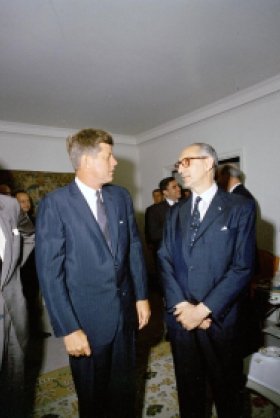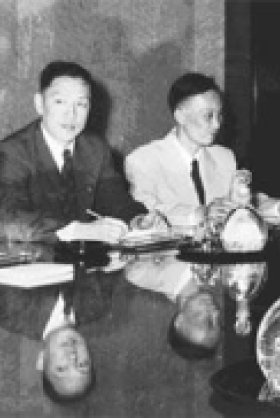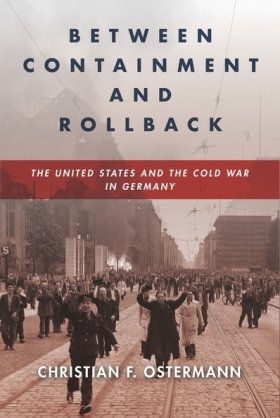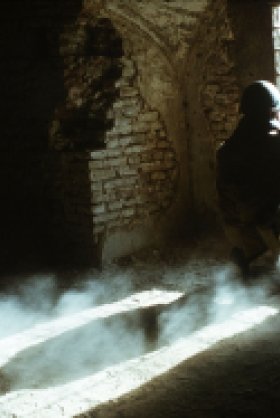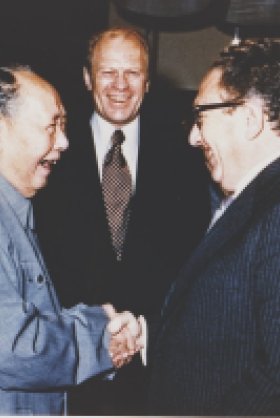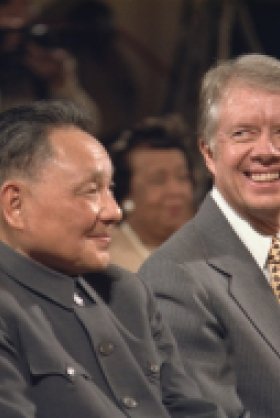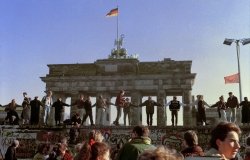CWIHP Conference: Western Broadcasting in the Cold War New Evidence from former Communist Archives on the Impact of Western Radio
22 July. The Cold War International History Project (CWIHP) and the Hoover Institution at Stanford University and will organize a conference to examine the impact of Western broadcasting, especially Radio Free Europe and Radio Liberty, during the Cold War. The conference will be held at the Hoover Institution, Stanford University, on 13-15 October 2004
The Cold War International History Project (CWIHP) and the Hoover Institution at Stanford University and will organize a conference to examine the impact of Western broadcasting, especially Radio Free Europe and Radio Liberty, during the Cold War. The conference will be held at the Hoover Institution, Stanford University, on 13-15 October 2004.
Radio Free Europe and Radio Liberty were, along with other Western broadcasters, effective instruments of Western policy during the Cold War. Many East European and Russian democrats have seconded the words of Vaclav Havel that "our society owes Radio Free Europe gratitude for the role that it has played." While it is clear that RFE/RL helped bring about the end of the Cold War, the specific role it played is poorly understood.
Western studies have examined the history and organization of RFE/RL and its place in American national security strategy. But studies drawing on archival material from the other side of the former Iron Curtain (which was also an Information Curtain) are lacking-- as are analyses of RFE/RL's impact – its specific effect on the policies of communist governments and the actions they took in response, and its specific effect on the societies in the countries to which it broadcast.
In preparation for the conference, documents about RFE/RL will be collected from Communist-era East European, Baltic, and Russian archives. Documentation will include Communist Party Politburo and Central Committee discussions of RFE/RL impact and propaganda countermeasures, secret police assessments and efforts to penetrate RFE/RL, directives on jamming, internal secret audience surveys, Party and censorship office press guidance on countering RFE/RL, and assessments of the impact on the Communist armies. Documentation is being be collected by the CWIHP's existing network of archive scholars in the region, supplemented by work commissioned by the Open Society Archives.
Official Communist-era archives will be analyzed in conjunction with research in the extensive RFE/RL corporate records and broadcast archives, which have been donated to the Hoover Institution (www.hoover.org/rferlrecords). This vast collection has never been utilized intensively for research.
The conference will bring together experts from the West and former Communist countries, who will prepare papers in advance. The meeting will feature leading personalities from both sides of the former Iron Curtain who dealt with RFE/RL – Western officials, former Communist officials, and former dissidents. The combination of new documentation, international expertise, and testimony of officials and other leading personalities will permit a new and unique understanding of one of the most significant aspects of the Cold War.
CWIHP plans to publish the most significant documents on its website and in its Bulletin. For further information please contact CWIHP director Christian Ostermann at ostermac@si.edu.
Related Program

Cold War International History Project
The Cold War International History Project supports the full and prompt release of historical materials by governments on all sides of the Cold War. Through an award winning Digital Archive, the Project allows scholars, journalists, students, and the interested public to reassess the Cold War and its many contemporary legacies. It is part of the Wilson Center's History and Public Policy Program. Read more
